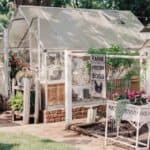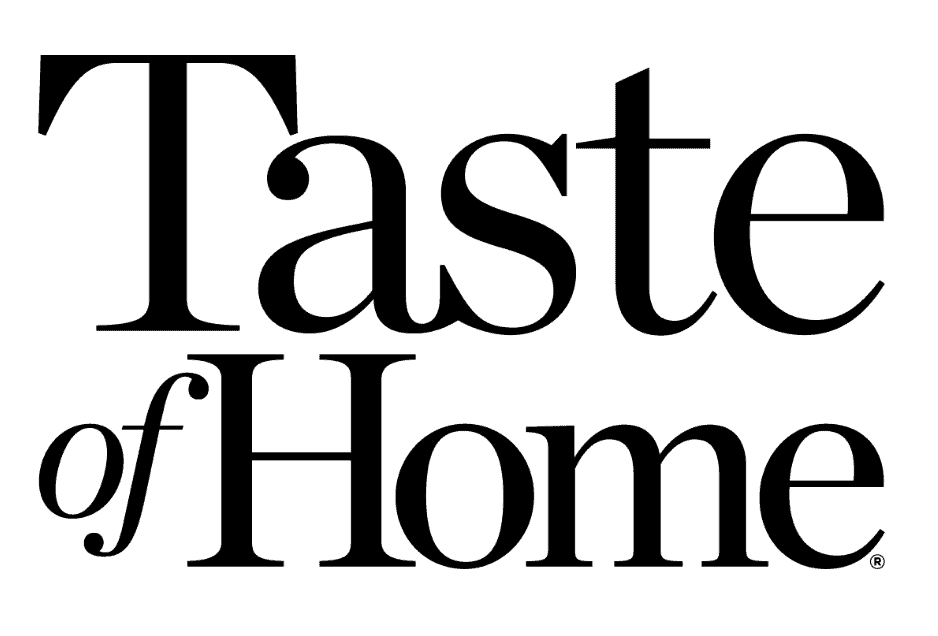When to Apply Fertilizer to Your Vegetable Garden
When it comes to growing a vegetable garden, there are many factors to consider. One of the most important factors is fertilization.
Fertilizer provides essential nutrients to your plants, which helps them grow and produce a bountiful harvest. But when should you apply fertilizer to your vegetable garden?
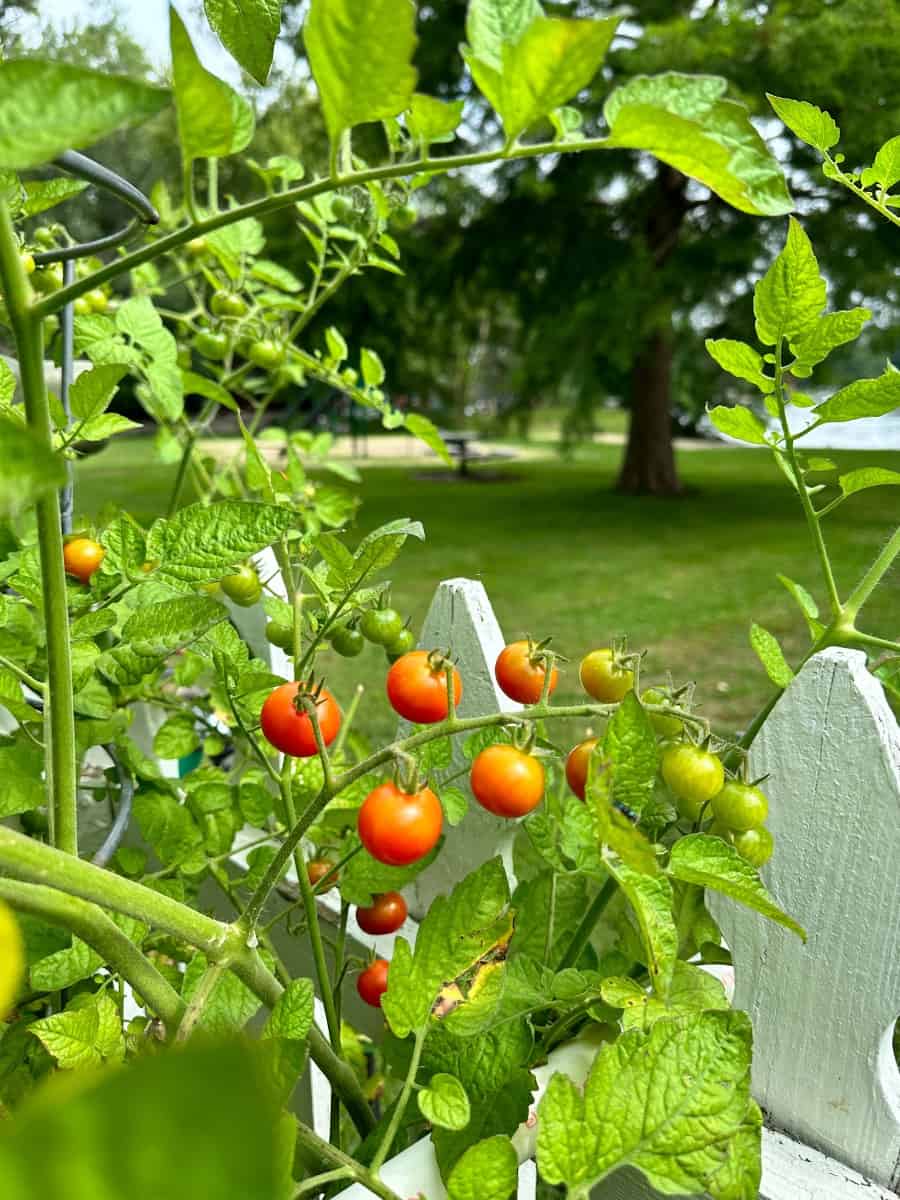
Understanding the importance of fertilizer is key to answering this question. Fertilizer provides plants with the nutrients they need to grow strong and healthy. Without proper fertilization, your plants may not produce as much fruit or vegetables, or they may be more susceptible to pests and diseases. Identifying the right time to fertilize is crucial to ensuring your plants receive the nutrients they need to thrive.
Seasonal fertilizing guidelines can help you determine when to fertilize your vegetable garden. In general, it’s best to fertilize your garden in the spring before planting, and again in mid-summer. However, the specific timing may depend on the type of vegetables you’re growing and the climate in your area. Types of fertilizers suitable for vegetable gardens and how to apply them can also vary. It’s important to do your research and follow the instructions on the fertilizer packaging.
Key Takeaways
- Fertilizer is essential for a bountiful vegetable garden.
- Identifying the right time to fertilize is crucial for plant health.
- Following seasonal fertilizing guidelines and proper fertilizer application techniques can help ensure a successful harvest.
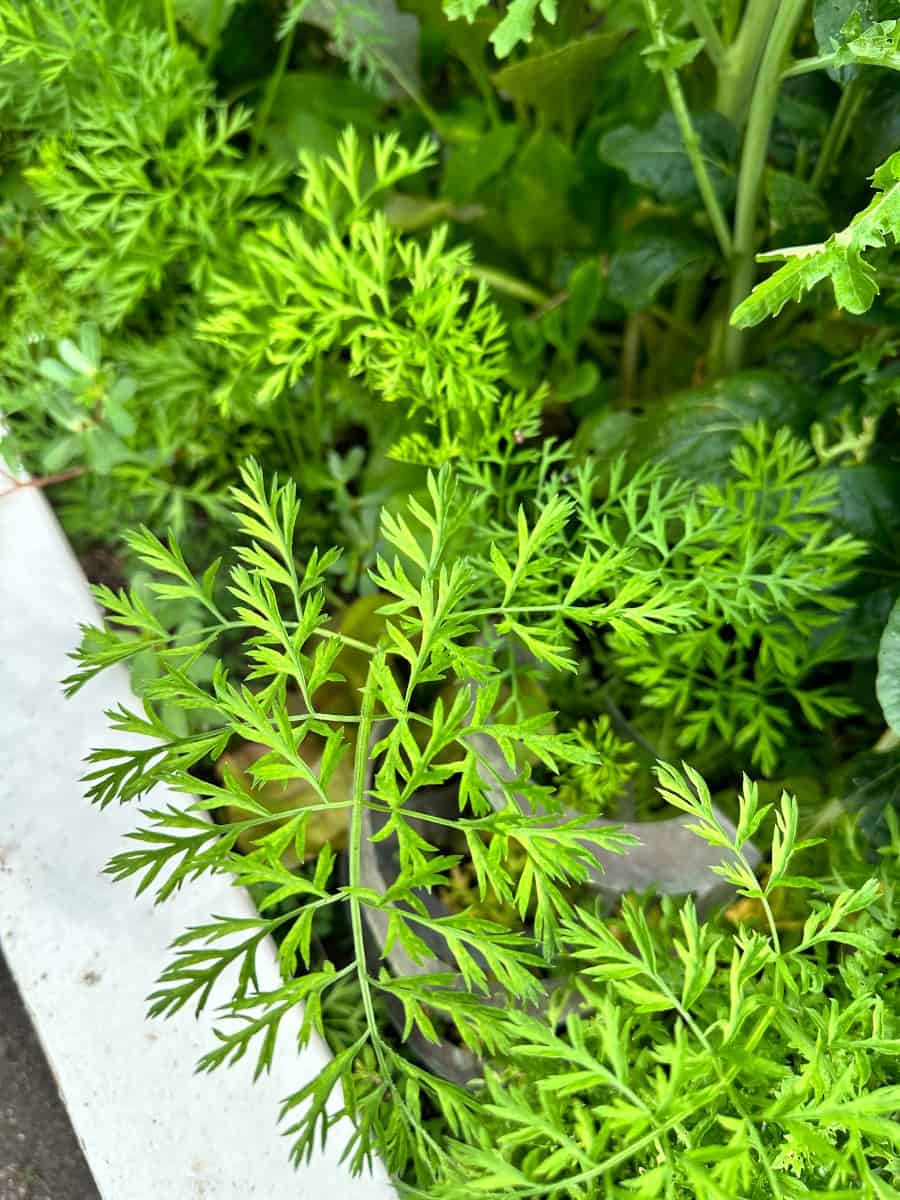
On my blog Living Large in A Small House, I may sometimes use affiliate links, which means a small commission is earned if you make a purchase via the link. The price will be the same whether you use the affiliate link or go directly to the vendor’s website using a non-affiliate link. You can find my full Disclosure Policy HERE
Understanding the Importance of Fertilizers
When it comes to growing a successful vegetable garden, one of the most important factors to consider is the soil. And one of the most effective ways to improve your soil is by using fertilizer. Fertilizer provides the essential nutrients that your plants need to grow strong and healthy. Here are some key benefits of using fertilizer in your vegetable garden:
- Increased Nutrient Availability: Fertilizer provides your plants with the essential nutrients they need to grow. These nutrients include nitrogen, phosphorus, and potassium, as well as other micronutrients like calcium, magnesium, and sulfur. By providing these nutrients, fertilizer helps to increase the overall nutrient availability in your soil, ensuring that your plants have everything they need to thrive.
- Improved Soil Structure: Fertilizers can also help to improve the structure of your soil. When you add fertilizer to your soil, it helps to increase the organic matter content, which in turn improves the soil’s ability to hold water and nutrients. This can help to create a more stable growing environment for your plants, which can lead to better growth and higher yields.
- Increased Resistance to Pests and Disease: Finally, using a fertilizer can also help to increase your plants’ resistance to pests and diseases. When your plants have access to the essential nutrients they need, they are better able to fend off pests and diseases that can damage or even kill them. This can help to reduce the need for pesticides and other chemical treatments, which is better for both your plants and the environment.
Overall, fertilizer is an essential tool for any vegetable gardener. By providing your plants with the essential nutrients they need, you can help to ensure that they grow strong and healthy, and produce a bountiful harvest.
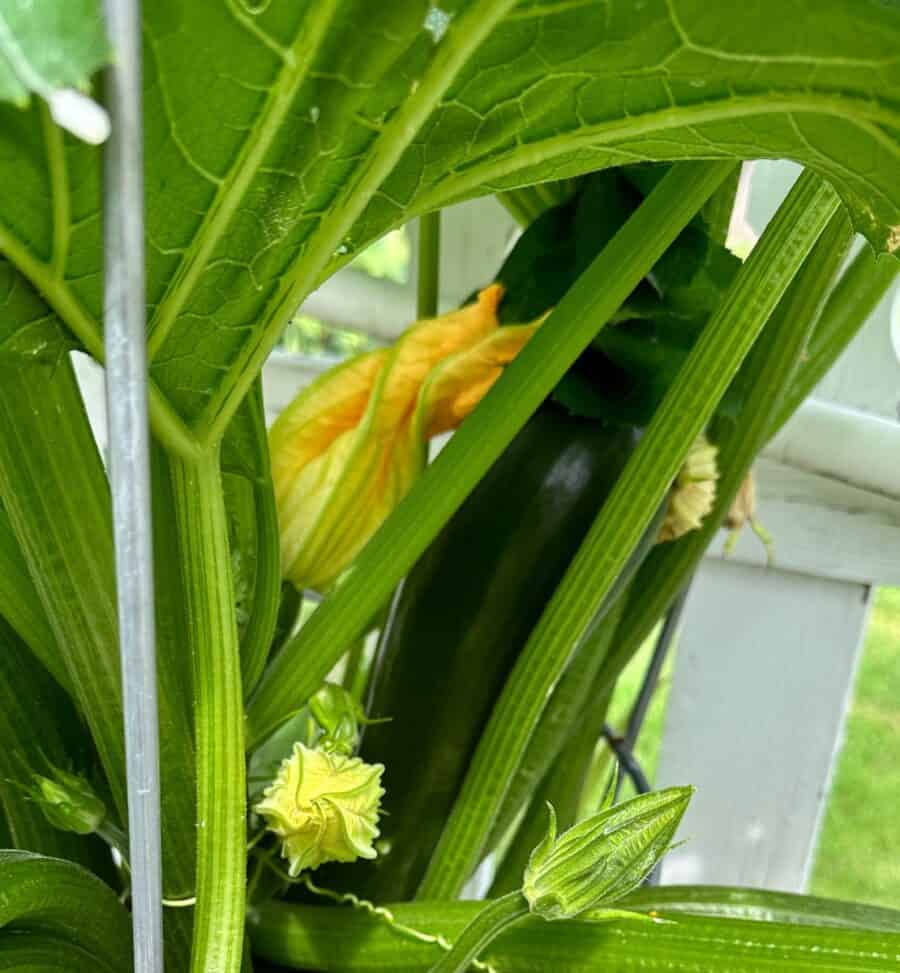
Identifying the Right Time to Fertilize
Fertilizing your vegetable garden is crucial to ensure your plants grow healthy and strong. However, applying fertilizer at the wrong time can do more harm than good. Here’s how to identify the right time to fertilize your vegetable garden.
Soil Test
Before you apply any fertilizer to your vegetable garden, it’s essential to perform a soil test. Your soil test results will help you determine the nutrient levels in your soil and what kind of fertilizer you need. You can get a soil test kit from your local garden center or send a soil sample to a lab for analysis.
Early Spring
The best time to fertilize your vegetable garden is in early spring. This is when your plants are starting to grow and produce new growth they need an extra boost of nutrients. You can apply slow-release fertilizers or a well-balanced fertilizer to ensure your plants get the nutrients they need throughout the growing season.
Mid-Season (Early Summer)
If you notice your plants are not growing as well as they should be, it may be time to apply fertilizer again. Mid-season is an excellent time to apply a side dressing of fertilizer. Side dressing means applying fertilizer to the soil around the base of your plants. This will give your plants a quick boost of nutrients to help them grow stronger. For me, this is a time when I might make compost tea. I take a 5-gallon bucket and fill it with water from our river which is full of fish emulsion, then add about 8 cups of compost from our composter and if I have them, banana peels. I let that sit for several days until it is well brewed (you can tell it’s ready when it stinks 🙂 I apply the mixture with a cup to the root zone of the plants that need a boost. It also helps ward off pests and diseases which tend to strike about mid-season in my gardens.
Fall
Fall is another great time to fertilize your vegetable garden. Applying fertilizer in the fall will help your vegetable plants grow strong roots and prepare for the winter. You can use a slow-release fertilizer or a well-balanced fertilizer to ensure your plants get the nutrients they need to survive the winter.
In conclusion, identifying the right time to fertilize your vegetable garden is essential for healthy plant growth. By performing a soil test, and fertilizing in early spring, mid-season, and fall, you can ensure your plants get the nutrients they need to thrive.


Seasonal Fertilizing Guidelines
Spring
Spring is the time when your vegetable garden is coming back to life after the winter months. This is the perfect time to apply a balanced fertilizer with equal parts of nitrogen, phosphorus, and potassium. This type of fertilizer is ideal for promoting the healthy growth and development of your plants. You can also add compost or organic materials to the soil to improve its fertility. We work mushroom compost into our vegetable garden soil in the spring before we plant as we feel it is the best vegetable garden fertilizer.
Summer
During the summer months, your vegetable garden is in full swing, and your plants need more nutrients to continue growing and producing. Apply a fertilizer that is high in nitrogen to encourage leafy growth and healthy foliage. You can also use a slow-release fertilizer that will provide your plants with a steady supply of nutrients throughout the growing season.
Fall
Fall is the time when your vegetable garden is winding down, and your plants are preparing for the winter months. This is the perfect time to apply a fertilizer that is high in phosphorus and potassium. These nutrients will help your plants develop strong roots and prepare for the cold weather ahead. You can also add compost or organic matter to the soil to improve its structure and fertility.
Winter
During the winter months, your vegetable garden is dormant, and your plants are not actively growing. However, you can still apply a fertilizer that is high in phosphorus and potassium to help improve the soil’s fertility. This will ensure that your plants have the nutrients they need to grow strong and healthy when spring arrives.
Remember to always follow the instructions on the fertilizer package and apply it at the recommended rate. Over-fertilizing can lead to nutrient burn and damage your plants. By following these seasonal fertilizing guidelines, you can ensure that your vegetable garden is healthy and productive all year round.
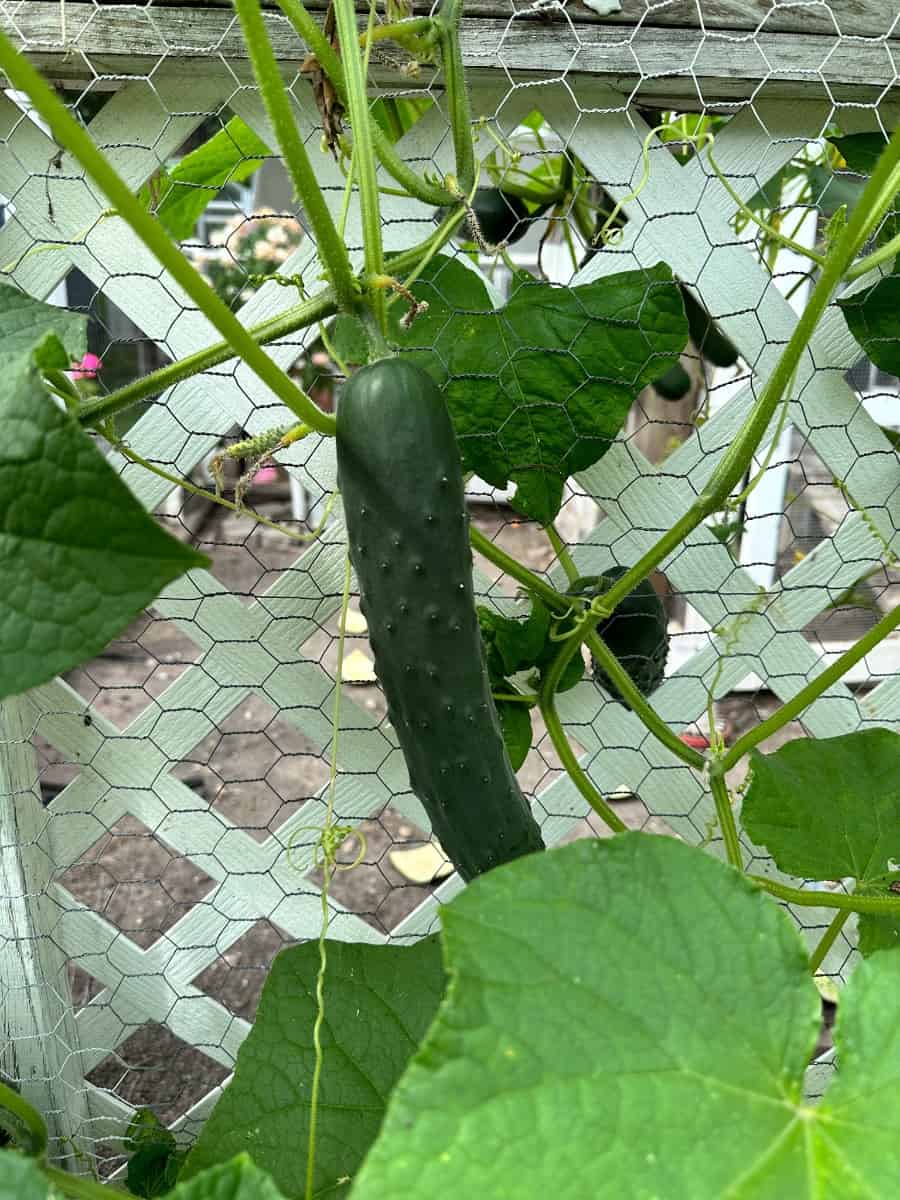
Types of Fertilizers Suitable for Vegetable Gardens
When it comes to fertilizing your vegetable garden, there are two main types of fertilizers: organic and inorganic. Each type has its own benefits and drawbacks, so it’s important to choose the right one for your garden.
Organic Fertilizers
Organic fertilizers are made from natural materials, such as compost, manure, blood meal, and bone meal. They are the best fertilizer for those who want to garden in an environmentally-friendly way.
Organic matter is typically the only fertilizer that I use but this year I added an organic liquid fertilizer and granular fertilizer to my gardens as I started many of my plants from seed and they needed a boost.
One of the benefits of organic fertilizers is that they improve soil health by increasing the amount of organic matter in the soil. This can help improve soil structure, water retention, and nutrient availability. Organic fertilizers also release nutrients slowly over time, which can help prevent over-fertilization and reduce the risk of nutrient runoff.
Some popular types of organic fertilizers include:
- Compost: Compost is made from decomposed organic matter, such as food scraps, leaves, and grass clippings. It is rich in nutrients and can help improve soil health.
- Manure: Manure is a good source of nitrogen, phosphorus, and potassium. It can be used as a soil amendment or added to compost.
- Bone meal: Bone meal is made from ground-up animal bones and is a good source of phosphorus.
Inorganic Fertilizers
Inorganic fertilizers, also known as synthetic fertilizers, are made from chemical compounds. They are a popular choice for many gardeners because they are easy to use and provide quick results. I’m sharing this as an option because I feel that you need to know all the options but I don’t use it.
One of the benefits of inorganic fertilizers is that they can be formulated to provide specific nutrients that your plants need. They also release nutrients quickly, which can help plants grow faster.
However, inorganic fertilizers or chemical fertilizers can have some drawbacks. They can be expensive, and they can also harm beneficial soil organisms if used in excess. In addition, they can contribute to nutrient runoff, which can pollute nearby water sources.
Some popular types of inorganic fertilizers include:
- Nitrogen fertilizers: Nitrogen is an important nutrient for plant growth, and nitrogen fertilizers can help provide this nutrient quickly. Examples include ammonium nitrate and urea.
- Phosphorus fertilizers: Phosphorus is important for root development and flower formation. Examples of phosphorus fertilizers include superphosphate and triple superphosphate.
- Potassium fertilizers: Potassium is important for plant growth and stress tolerance. Examples of potassium fertilizers include potassium chloride and potassium sulfate.
How to Apply Fertilizer
Soil Preparation
Before applying fertilizer, make sure the soil is ready to receive it. Remove any weeds or debris from the garden bed. Break up any clumps of soil and smooth the surface with a rake. If the soil is too compacted, use a garden fork to aerate it.
Fertilizer Application
When applying fertilizer, follow the instructions on the package carefully. Measure the amount of fertilizer according to what is recommended for the square feet of your garden. Scatter the fertilizer evenly over the garden bed. Be careful not to apply too much fertilizer, as this can burn the plants.
You can also use a broadcast spreader to apply dry granular fertilizer evenly over the garden soil surface. If using a broadcast spreader, adjust the settings to the recommended rate for your garden size. Walk slowly and evenly across the garden bed, making sure to cover the entire area.
If using liquid fertilizer follow the instructions to make sure the water to fertilizer ratio is appropriate for your plants.
Post-Application Care
After applying fertilizer, water the garden bed thoroughly. This will help the fertilizer soak into the soil and reach the plant roots. If you notice any fertilizer granules on the leaves of your plants, gently brush them off to prevent burning.
Avoid fertilizing your plants during hot, dry weather, as this can also cause burning. If you’re unsure about when to fertilize, consult a gardening expert or your local agricultural extension office.
Remember to store any leftover fertilizer in a cool, dry place. Keep it out of reach of children and pets.
By following these simple steps, you can ensure that your vegetable garden gets the nutrients it needs to thrive.
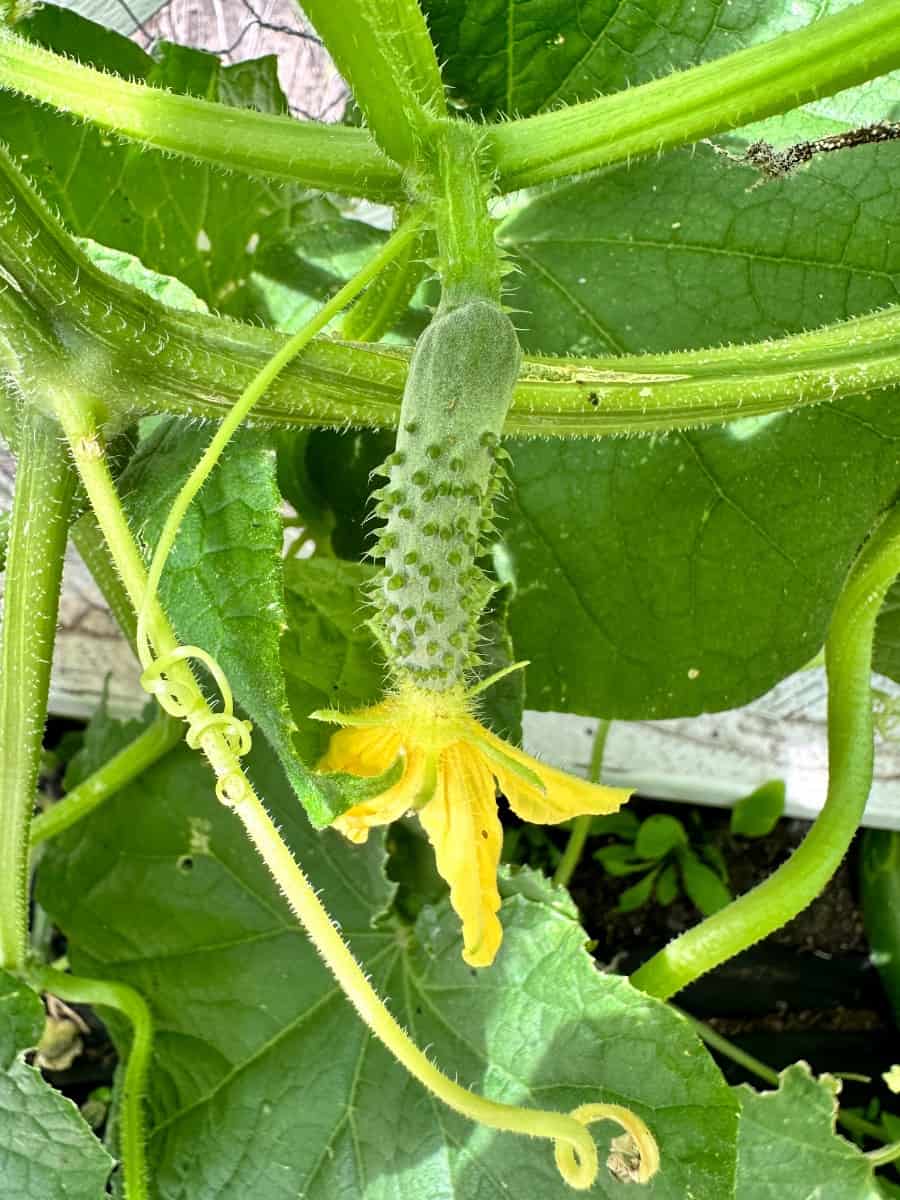
Common Mistakes to Avoid When Fertilizing
Fertilizing your vegetable garden is an essential part of ensuring healthy and abundant crops. However, there are some common mistakes that you should avoid to ensure that you get the best results. Here are some things to keep in mind when you’re applying fertilizer to your vegetable garden:
Over-Fertilizing
One of the most common mistakes that vegetable gardeners make is over-fertilizing their gardens. Applying too much fertilizer can actually harm your plants and lead to stunted growth, reduced yields, and even plant death. Make sure to follow the instructions on the fertilizer package carefully and don’t apply more than the recommended amount.
Under-Fertilizing
On the other hand, under-fertilizing your vegetable garden can also be a problem. If you don’t provide your plants with enough nutrients, they may not grow as well as they could, and you may end up with smaller yields. Make sure to apply fertilizer at the right time and in the right amounts to ensure that your plants get the nutrients they need.
Applying Fertilizer at the Wrong Time
Another common mistake is applying fertilizer at the wrong time. If you apply fertilizer too early in the season, it may not be absorbed by your plants and may be washed away by rain or irrigation. If you apply it too late, your plants may have already started to produce fruit, and the fertilizer may not be as effective. Make sure to follow the instructions on the fertilizer package and apply it at the right time for your specific plants.
Not Testing Your Soil
Finally, not testing your soil can also be a mistake. Different plants have different nutrient requirements, and your soil may be deficient in certain nutrients. By testing your soil, you can determine what nutrients your plants need and apply fertilizer accordingly. You can purchase soil testing kits at most garden centers or send a sample to a soil testing laboratory for analysis.
By avoiding these common mistakes, you can ensure that your vegetable garden gets the nutrients it needs to produce healthy and abundant crops.
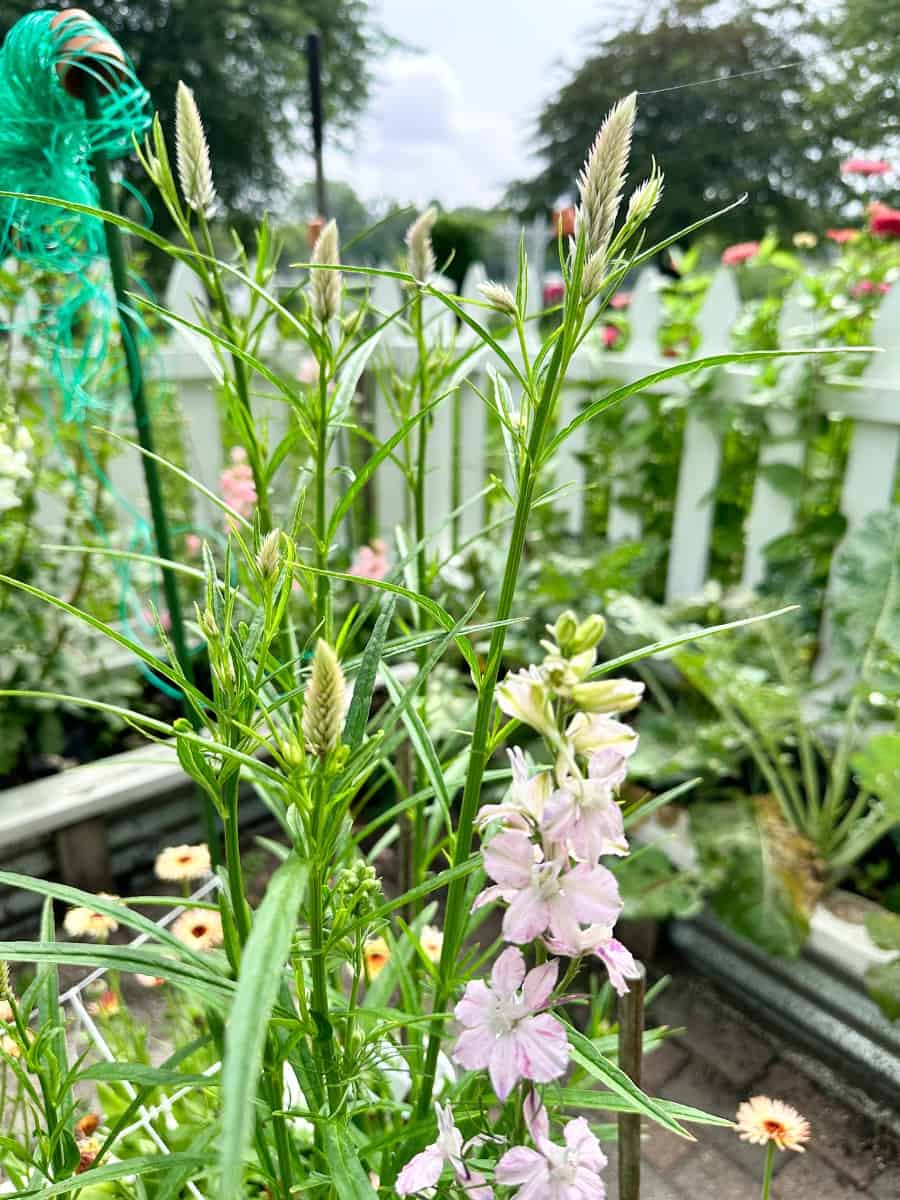
Conclusion
In conclusion, fertilizing your vegetable garden is an essential step in ensuring a healthy and productive harvest. By understanding the nutrient requirements of your plants, you can choose the right type of fertilizer and apply it at the appropriate time.
Remember that over-fertilizing can be just as harmful as under-fertilizing, so always follow the instructions on the packaging and avoid applying too much fertilizer. A good rule of thumb is to start with a small amount and gradually increase it as needed.
Regular soil testing can also help you determine the nutrient content of your soil and identify any deficiencies that need to be addressed. This can save you time and money in the long run by preventing the need for excessive fertilizer application.
Overall, taking a thoughtful and measured approach to fertilizing your vegetable garden can help you achieve a bountiful harvest and enjoy the fruits of your labor.
Happy gardening!
Peace and Love,

Frequently Asked Questions
What is the best time of year to fertilize a vegetable garden?
The best time to fertilize your vegetable garden depends on the type of fertilizer you are using. Generally, it is best to fertilize your garden in the early spring before planting or in the fall after harvesting. This will give your plants the nutrients they need to grow strong and healthy.
How long after fertilizing can I eat vegetables from my garden?
It is important to follow the instructions on your fertilizer label to determine when it is safe to eat vegetables from your garden. Some fertilizers require a waiting period of a few days before harvesting, while others may require several weeks. Make sure to read the label carefully and follow the recommended waiting period. You won’t have this concern if you use organic matter to fertilize your gardens.
How do I properly apply fertilizer to my vegetable garden?
To properly apply fertilizer to your vegetable garden, start by testing your soil to determine nutrient levels. Based on the results, choose a fertilizer that provides the necessary nutrients your plants need. Follow the instructions on the label for the correct amount to apply, and spread it evenly over the soil. Be careful not to over-fertilize, as this can harm your plants and the environment. Finally, water your garden thoroughly to help the fertilizer soak into the soil.

Thanks for Following Along
If you enjoyed this post I hope you sign-up to be a friend of Living Large in A Small House! Then you won’t miss any of the inspiration that is shared with you each week! You can also follow me on Instagram, Facebook, and YouTube. I share even more inspiration on Pinterest! You can listen to me chat on my Podcast.


A great way to save this article is to save it to your Pinterest boards. You can find the pin button in the top right corner of the photo below. Also, don’t forget to follow me on Pinterest
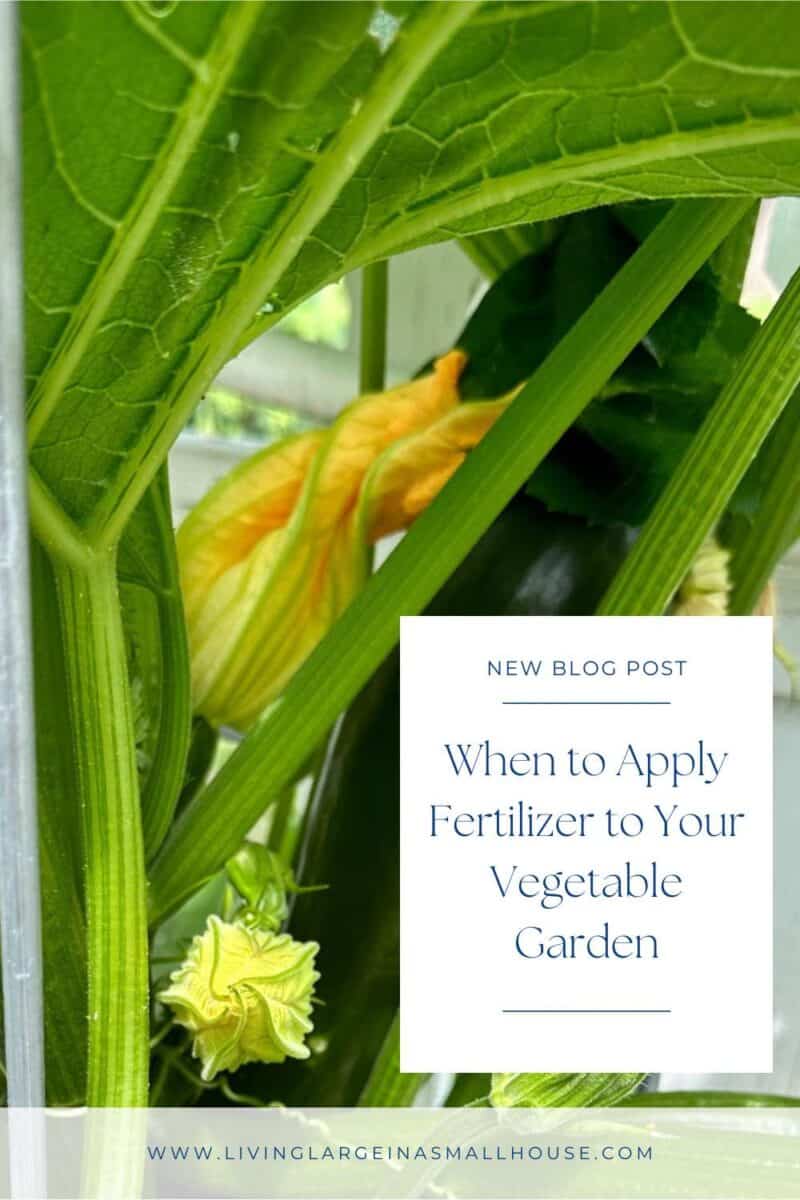



Featured









